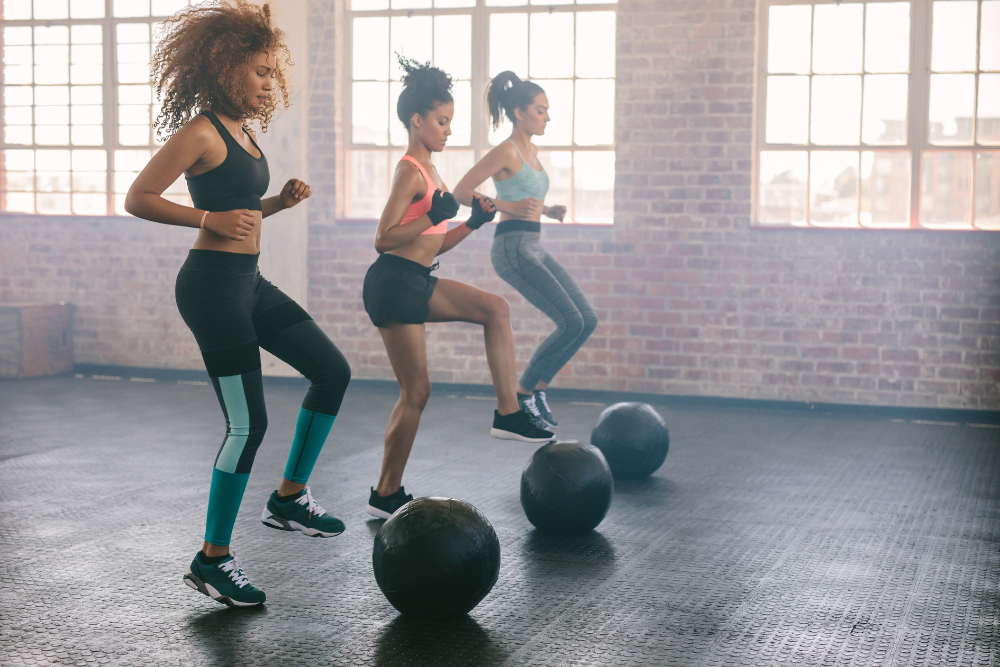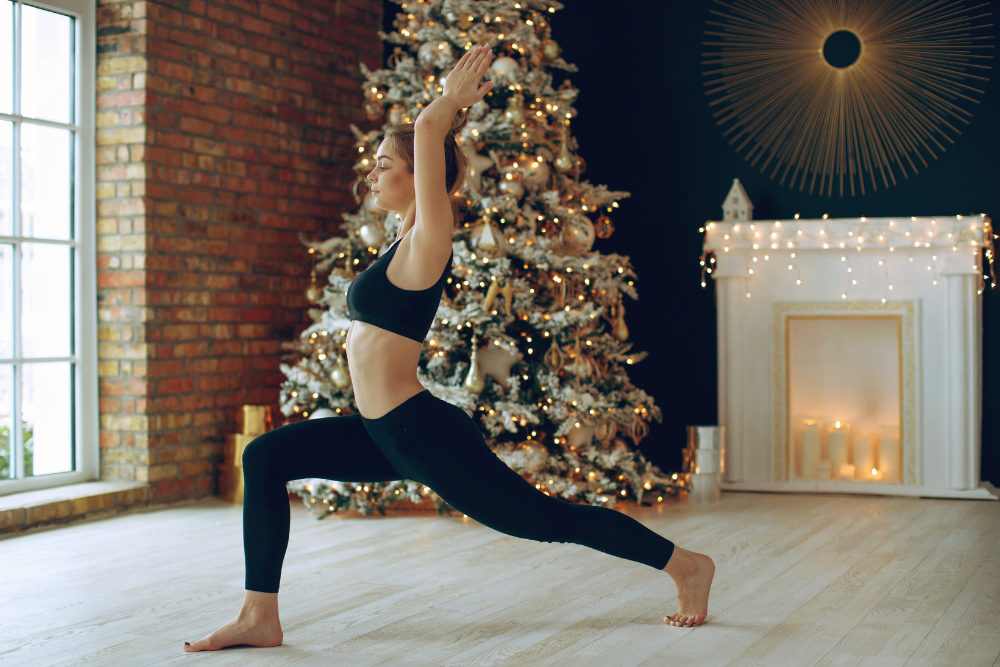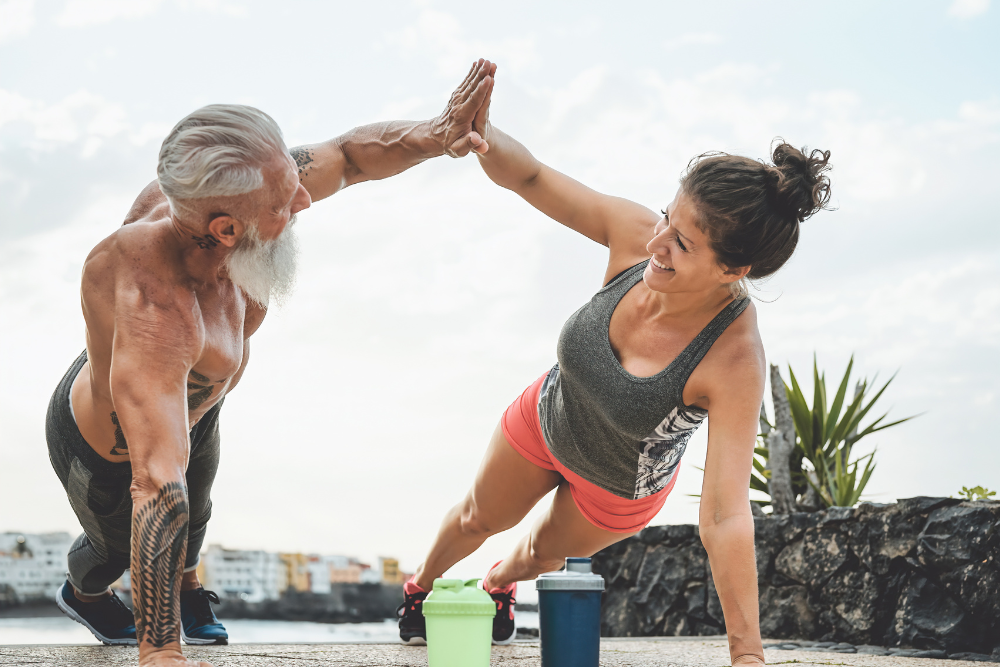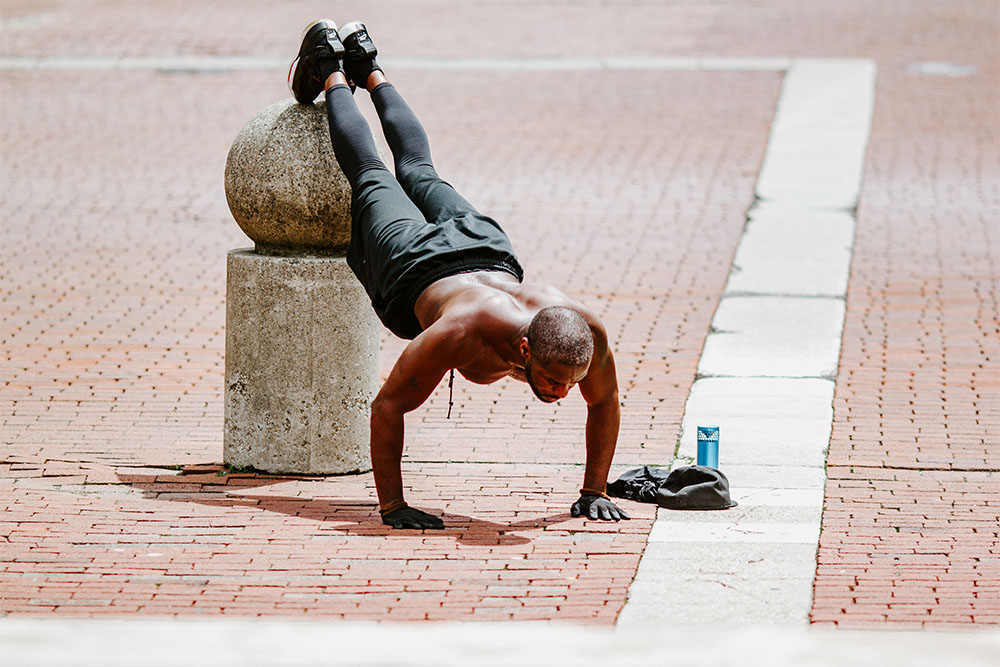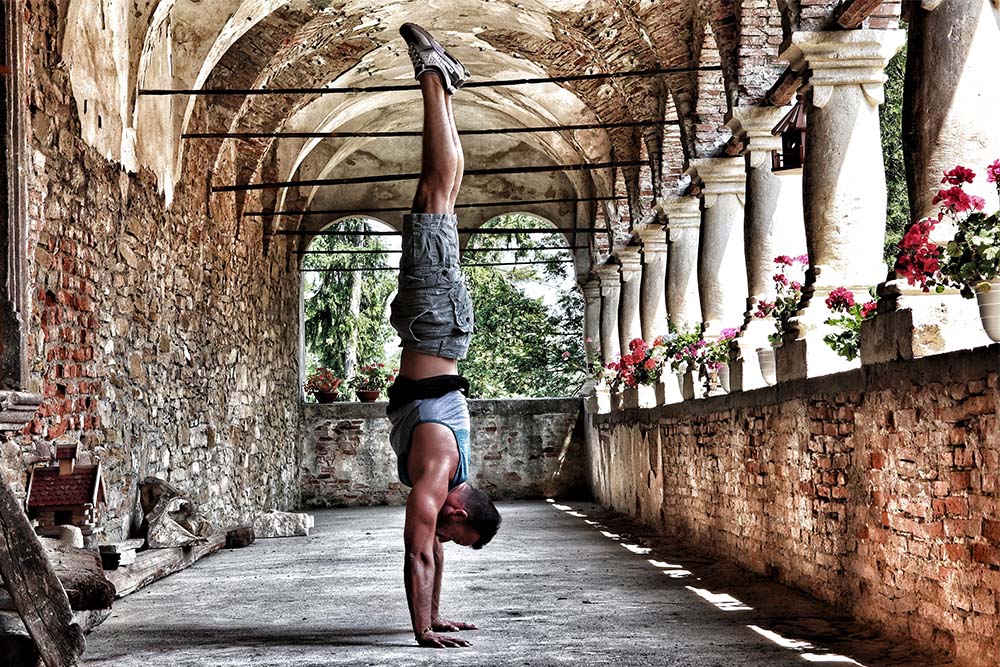Think Positive Thoughts For A Better Workout

Julia Basso – PhD
Does the way that you feel during exercise motivate you to exercise? Or on the contrary, do you avoid exercise because of the way you feel during your workout? I crave my workouts because of the way I feel, not necessarily during exercise, but certainly afterwards. I love that exercise high! Some individuals, however, do not like the experience of exercise and do not get that feel-good after exercise experience.
Do you think that the way you feel after your workout influences your workout habits? A group of researchers at the University of Colorado were curious whether the anticipation of how you would feel after a workout impacts the experience of exercise as well as adherence to an exercise program. They recently published their results in a cutely titled article, “What to expect when you’re exercising: an experimental test of the anticipated affect-exercise relationship”.
Related Article: Endocannabinoids: The Secret to Why Exercise Makes Us Feel So Good
Positive Thoughts and Exercise
98 men and women between the ages of 18 to 45 who identified as average exercisers (not elite or professional athletes) participated in the study. When they came to the laboratory, they engaged in 30 minutes of treadmill running that consisted of a 5 minute-warmup, 20 minutes of running at 90-100% of their ventilatory threshold, and a 5 minute-cooldown. Before their workout, participants were randomized to one of three groups.
Some individuals were randomized to a positive anticipated affect manipulation. Before their workout, they responded to the following prompt:
“Most people exercising at this intensity say that it feels good, and that it makes them feel energized and more positive, and more relaxed afterward. Thinking about your exercise prescription, please list the reasons or ways in which you, personally, might expect this exercise to lead to positive feelings, and what specifically about this exercise might make you, personally, feel good”.
Others were randomized to a negative anticipated affect manipulation. Before their workout, they responded to the following prompt:
“Most people exercising at this intensity say that it doesn’t feel very good, and that it makes them feel tired and not so positive, and not very relaxed afterward. Thinking about your exercise prescription, please list the reasons or ways in which you, personally, might expect this exercise to lead to negative feelings, and what specifically about this exercise might make you, personally, feel bad”.
Notably, participants in the control group simply hopped right on the treadmill without being told anything. Furthermore, after this in lab workout, they were sent out into the real world to exercise for 7 straight days using the same protocol that they experienced in the lab.
Related Article: Get Motivated To Exercise: Rats Do It, You Can Too
The Results
Excitingly, the scientists were able to manipulate how the individuals felt about their exercise experience. When individuals were told that they would have a positive exercise experience (compared to a negative one), they anticipated that their workout would be more positive and that they would feel less fatigue after exercise. In terms of their actual feelings during the workouts, individuals in the positive manipulation group reported greater levels of exercise enjoyment throughout the course of their workout as well as afterwards.
As an interesting side note, the scientists found that overall, the participants expected the exercise experience to feel worse and be more fatiguing than it actually was – that is, our exercise expectations may not necessarily align with the actual experience of exercise. Contrary to expectations, being told whether their workout would make them feel good or bad had no influence on their exercise regimen for the next 7 days. Nonetheless, being told to exercise for 7 days in a row as part of the study influenced exercise adherence. On average, the group went from exercising 2.5 days a week to 5.8 days a week.
Implications For Your Workout Routine
Consequently, these findings have several implications for exercise motivation. Most relevant, the way that you feel about exercise can be manipulated. With a few simple words, perhaps a mantra, you can actually change your negative thoughts about exercise into positive ones. This positive thinking about exercise will actually make your workout more pleasurable and may possibly get you back to the gym because of that remembered positive experience.
If you are someone who does not like to exercise but want to, try journaling about a positive exercise experience that you have had and reading it as a motivating factor to get you to your workout. Additionally, this research shows that even if you have a negative outlook on your upcoming workout, fear not, it will not be as bad as you are thinking. Finally, try finding a workout partner (e.g., your husband, best friend, or mother) and giving each other exercise challenges. Perhaps being accountable to someone will help you get to the gym more often than not.
Related Article: Animal, Human, and Clinical Studies About Exercise
References:
Kwan, B. M., Stevens, C. J., & Bryan, A. D. (2016). What to Expect When You’re Exercising. Health Psychology.
You Might Like:


